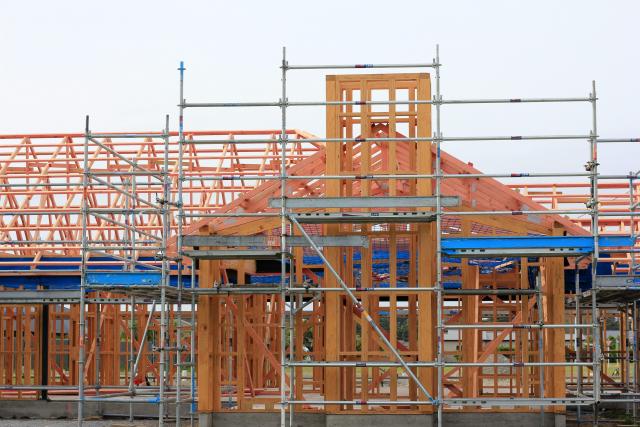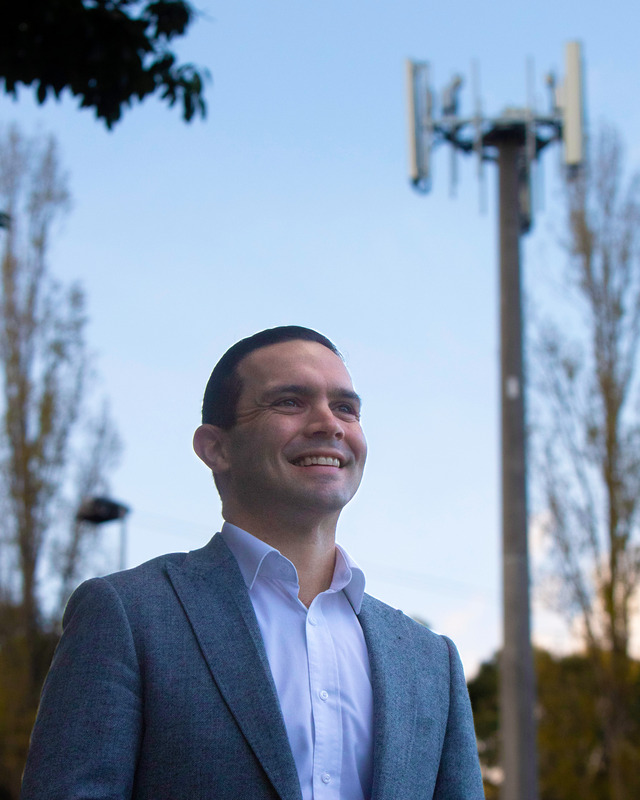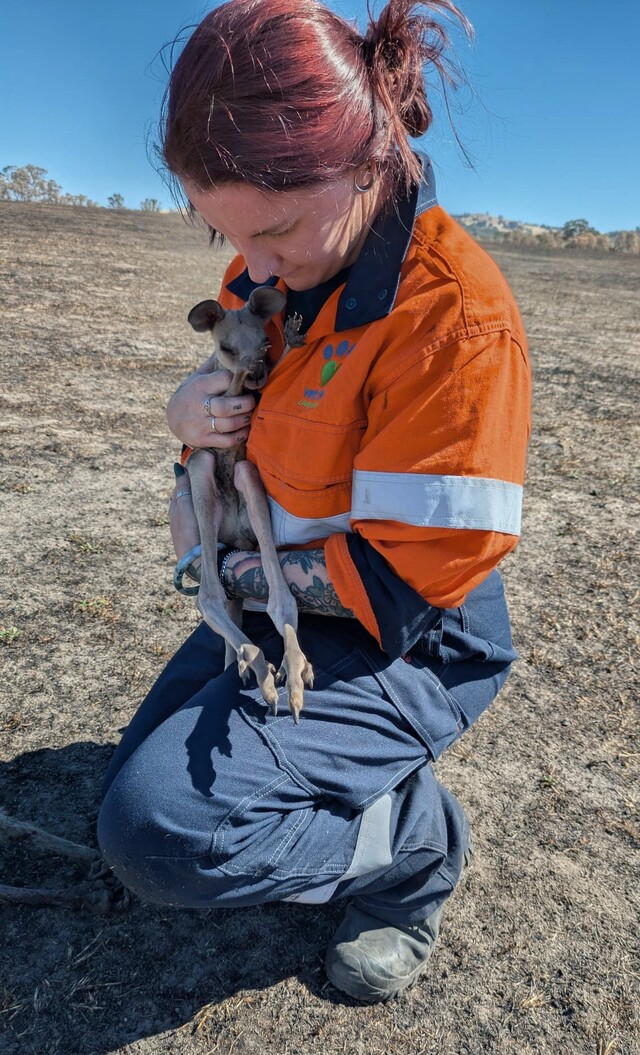The Victorian Government has decided to no longer proceed with proposed reforms to the social housing sector, following criticism from industry groups and local councils.
The plans, which the State Government said would “cut red tape, slash approval times by speeding up planning processes, support local councils, create jobs and bolster construction,” were criticised by the Eastern Region Group of Councils (ERG) — which includes Yarra Ranges Council — because it would exempt the State Government from paying rates on social housing properties.
Construction industry groups and local councils were concerned about the flow on effect of house prices particularly for first home buyers, with the 1.75 per cent tax placed on developers and a potential increase in rates.
ERG Chair Cr Michelle Kleinert said the proposal for a rates exemption on public and community housing left councils “between a rock and a hard place”.
“It raises the question – should ratepayers be asked to fill the funding gap, or will residents just have to accept lower levels of service?” Cr Kleinert said.
“While the ERG congratulates the State Government for the Big Housing Build investment, and for proposing an enduring mechanism to tackle the persistent, chronic shortfall in social housing – public and community housing should pay rates.”
In the 10 days after announcing the estimated $800 million fund for social housing, homelessness support agencies like Anchor welcomed the decision to help alleviate the decade-long wait list for housing.
Anchor CEO Heidi Tucker said the announcement had been a step in the right direction for improved living for many people facing homelessness.
Speaking to Star Mail last week when the Social Housing Growth Fund was still in action, Ms Tucker said she did understand the argument about first home buyers being hit with extra costs in an extreme housing market but felt it was time for the people in the margins to get support.
“If you’re lining up for your first house, the additional cost over your lifetime of paying mortgages, if you can afford to do that, is really pretty negligible or affordable,” she said.
“It might be $10,000 more, and yes, that might feel like a stretch when you’re a first time owner, but at least you’re going to be a homeowner.
“I think it’s probably time for all of us right across the community to start thinking about other people that that actually is never going to be possible for. I’m not saying that it’s not difficult for those particular first time buyers at that moment in their lives… [but there are] many thousands of people where life is pretty damn difficult.”
Ms Tucker said in the long term an investment in social housing could in fact save the State money from having to house those who are homeless in hospitals or other specialised services that are expensive to run.
“There’s many studies researched from all around the world that having people housed in a stable environment really saves our society so much money. So the cost of actually having people wandering around homeless is a myth,” she said.
Contention over the actual impact on first home buyers has been discussed rapidly, with some saying the tax would increase the median house price by $20,000 but that figure was worked out on a roughly $1.1 million property, an unreachable figure for those entering the housing market.
“I haven’t seen the math on this. I have not seen what it will really mean, I’ve heard this in the media, I’ve heard that it’s going to increase for first time owners but I don’t know that we’ve got the quantity of that yet,” Ms Tucker said.
“So I think it’s probably a bit premature before we see the math and before we actually see the policies come in.”
The ERG councils said it understood the need for more social and affordable housing, particularly with an estimated 8000 families in this region without safe, secure and affordable housing, which is expected to rise to over 11,400 by 2036.
Cr Kleinert called for a return to the previous Federal government role as the main funder of social housing in Australia.
“The ERG also supports Australian Council of Social Services’ calls for the Federal government to resume its ‘historical role’ as the main funder of social housing developments by delivering a funding boost to build at least 20,000 new dwellings, and to substantially increase the Commonwealth Rent Assistance payment to low-income households, so that social housing providers can meet their growing operating and maintenance costs.”
















